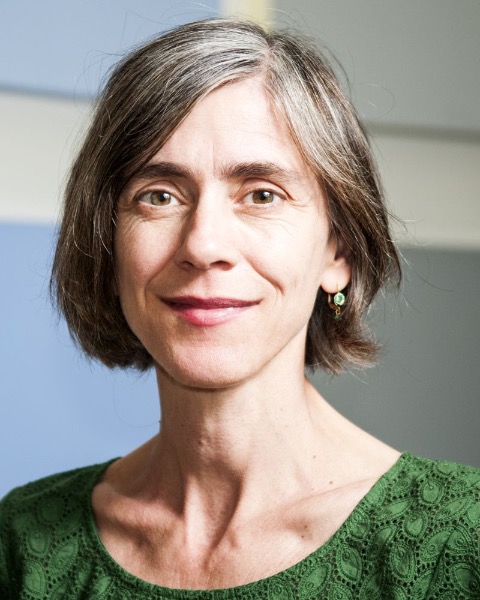Panel
5. Transmitting Knowledges: Institutions, Objects and Practices
Session Name: Re-engaging environmental knowledge. Sites and politics of heritage, spiritual care and medi(t)ation in Indonesia and Southeast Asia, in the nineteenth and twentieth centuries
4 - Unsettling environmental empathy in colonial and postcolonial Indonesia. Perspectives from a Mountain called Suffering
Tuesday, July 30, 2024
14:00 - 15:45 (GMT+7)
What is environmental empathy (about) and what does ‘care’ mean, or do to the environment in colonial and postcolonial situations, and in the context of violent war and regime changes? What forms and politics of knowledge get entangled in practices we think are about care? In this paper, reflecting research that is very much in an initial stage, I tentatively explore these questions from the perspective of the sacred Mount Penanggungan (Suffering), in East Java, Indonesia. This peculiarly shaped mountain, figuring in ancient sources as the gods-sent top of India’s mount Meru fallen from the sky, with an ancient sacred bathing place at its foot, and hermitage caves, shrines and settlements going back to the 10th-13th century, and with modern villages on its slope, has been subject to various interventions: it has been (and still is) a site of human pilgrimage; it is a place where people and animals dwell and care, some as keyholders of ancient scared sites; it has been and still is the object of philological, archaeological and art-historical research and heritage formation since around 1900; it has become a site of environmental activism since the early 1980s; and it has also been subject to forest fires and agricultural extraction by in- and outsiders. These interventions all reflect forms and practices of knowledge and care that stand in different and conflictuous relationships to nature and its maintenance. How does this matter to the mountain, and in understanding the problem of environmental destruction at large?

Marieke Bloembergen
Royal Netherlands Institute of Southeast Asian & Caribbean Studies (KITLV), Netherlands

.png)